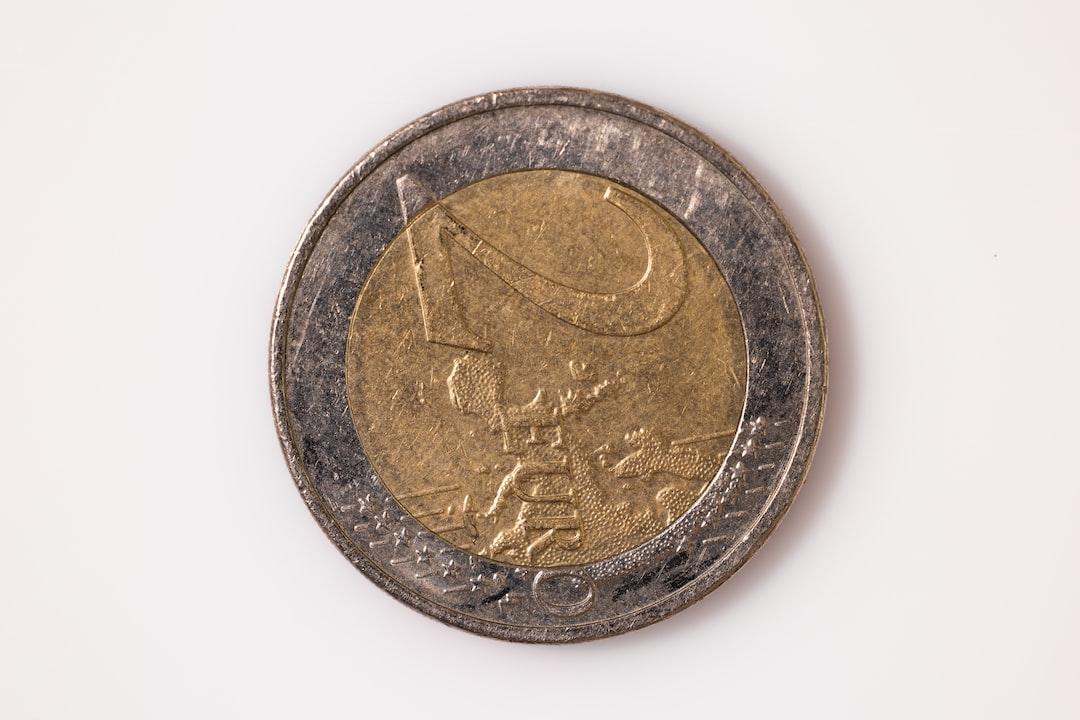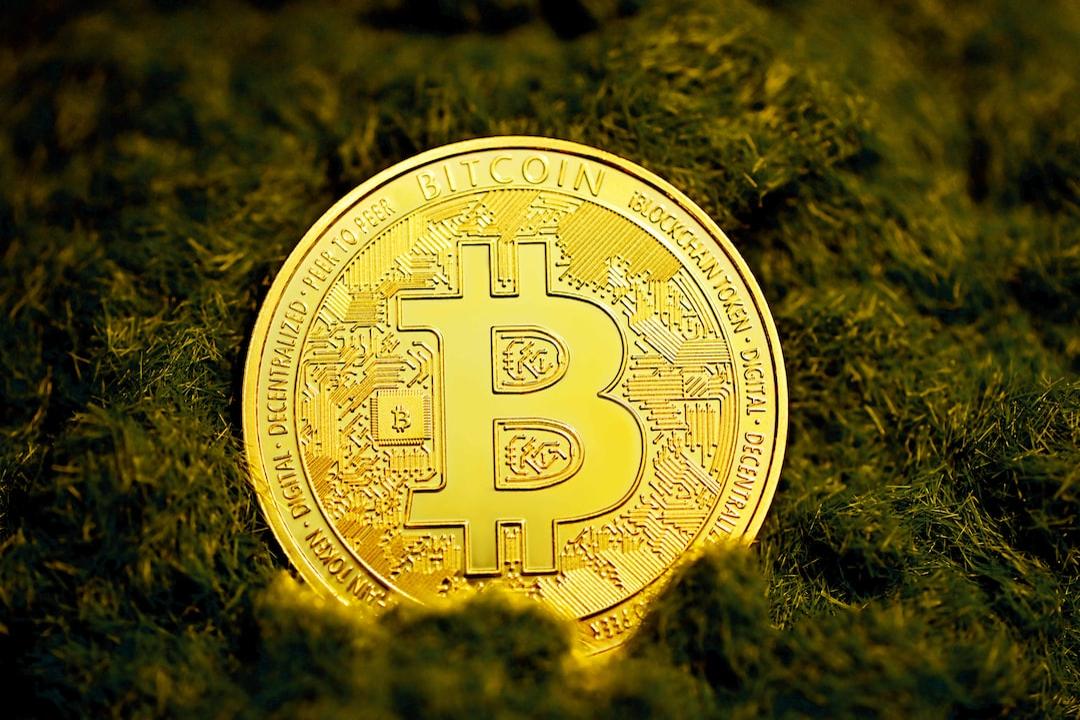Is Tesla’s Dojo Project Terminated? Chip Development Dreams Dashed as Musk Shifts Focus to NVIDIA and Samsung
According to Bloomberg, Tesla is disbanding its Dojo supercomputer team, and its head will also be leaving, which will disrupt the automaker’s efforts to develop in-house chips for autonomous driving technology.
Dojo Talent Continues to Erode, Performance Below Expectations
The Dojo system is a supercomputer designed by Tesla for training the automaker’s autonomous driving instruments and Full Self-Driving (FSD) software, as well as the machine learning models behind its Optimus humanoid robot. Dojo receives data captured by vehicles and processes it quickly to improve the company’s algorithms and develop its own dedicated AI chips, thereby reducing dependence on external suppliers like NVIDIA.
However, the Dojo project has faced multiple leadership changes and key talent losses over the past few years. The previous head, Ganesh Venkataramanan, left in 2023 to found the startup DensityAI, taking about 20 members of the Dojo team with him. Recently, it has been reported that the current head, Peter Bannon, is also leaving Tesla. Insiders claim that Musk has ordered the project to be halted, and the remaining Dojo employees will be reassigned to other data centers and computing projects within Tesla.
Advertisement – Scroll down for the full article


Tesla Abandons In-House Chip Development, Shifts to Partnerships with NVIDIA, AMD, and Samsung
Tesla’s CEO has decided to reallocate resources and turn to using chips from NVIDIA, AMD, and Samsung to meet Tesla’s AI computing needs. According to previous reports, Tesla has reached a $16.5 billion chip deal with Samsung, indicating its strategy shift away from in-house chip development toward reliance on external suppliers to accelerate AI training progress.
(Samsung Secures $16.5 Billion Chip Deal with Tesla! Musk: Personally Assisting with the Process)
Musk admitted last year that the company might not permanently pursue Dojo but would rely more on external partners. He also hinted at this strategic shift during Tesla’s recent quarterly earnings call:
“Considering Dojo 3 and AI6 inference chips, intuitively, we want to find the integration point where they are basically the same chip,”
This suggests that future iterations of the company’s internal technology may integrate with partner technologies, although this move could reduce the risks and costs associated with in-house chip development, it may also introduce supply chain risks.
Risk Warning
Investing in cryptocurrencies carries a high level of risk and their prices can be extremely volatile; you may lose all of your principal. Please assess the risks carefully.
